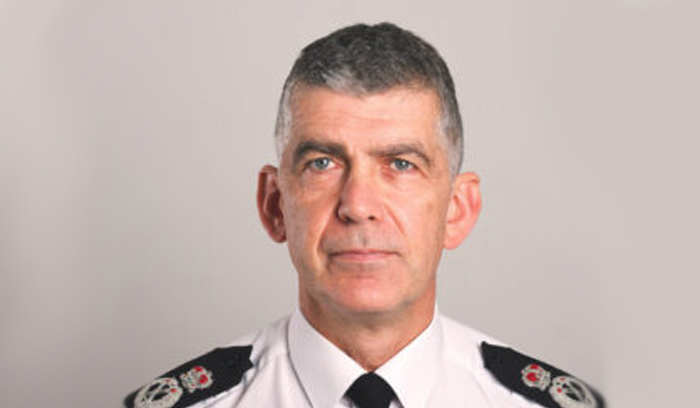Updated undercover policing guidance focuses on welfare and conduct
Undercover police officers who engage in intimate sexual activity during deployment must immediately inform their senior officers, under new national guidance released by the College of Policing today (October 13).
The updated undercover policing Authorised Professional Practice (APP) makes it clear that officers in England and Wales wishing to volunteer to become undercover operatives will have to meet consistently high standards of conduct. In addition to the skills and training required for the role, they will require the approval of a senior officer and have regular psychological assessments.
The APP also sets out greater details on how senior officers should test and challenge information before authorising undercover policing operations.
The welfare of undercover operatives plays a significant role in the guidance, with ongoing assessments advised at all stages of an undercover operative’s tenure.
Candidates for undercover roles must undertake a personality assessment with an occupational psychologist approved by the College of Policing at the start of the selection process. This process will test the candidate’s strengths and potential weaknesses, while also looking at whether they have the motivation, resilience and suitability for the role.
Undercover operatives experience high levels of stress and, as such, operatives must undergo regular psychological assessments – both at the start and throughout their deployment. The frequency of psychological assessments varies for foundation, advanced and online operatives, due to the differing demands of the roles.
In addition to ensuring that undercover operatives are fit for duty, psychological assessments also play a key role in ensuring that operatives have access to mental wellbeing support, therapy or treatment.
The guidance takes into account the recommendation made in a 2014 Her Majesty’s Inspectorate of Constabulary report, which asked the College of Policing to establish an appropriate length of time for undercover operatives to be deployed in the role.
The guidance notes that it is “difficult to establish a set tenure for all undercover operatives due to factors including psychological stress, reduction in skills due to lack access to training and staff turnover”.
It recommends that forces take a risk-based approach, where senior officers assess individual officers on an annual basis to determine an appropriate length of tenure.
The guidance also emphasises the importance of conduct by undercover operatives, reminding all officers that they remain bound by the laws, rules, regulations and codes of government law enforcement agencies.
Officers must never act as an agent provocateur by actively encouraging another person to break the law, actively engage in planning or committing a crime, or have intimate sexual relationships with those they encounter during their deployment.
Should an undercover officer engage in any intimate sexual activity during deployment, they must inform their senior officer immediately who will then investigate the matter and refer it to oversight and governance bodies if necessary.
David Tucker, crime lead for the College of Policing, said: “Undercover policing, when carried out ethically and lawfully is a vital tactic for keeping people safe and bringing dangerous criminals and gangs to justice.
“The service has acknowledged, that at times in the past, undercover policing has not met the high standards the public expects and demands from its officers.
“Our updated national guidance puts the Code of Ethics at its heart and ensures that police officers in England and Wales have the skills, training and support they need to be successfully deployed undercover.
“The guidance also recognises the psychological impact that undercover work can have on officers so there is a greater emphasis on ensuring they have access to welfare support and the length of time they are deployed is regularly reviewed.”







